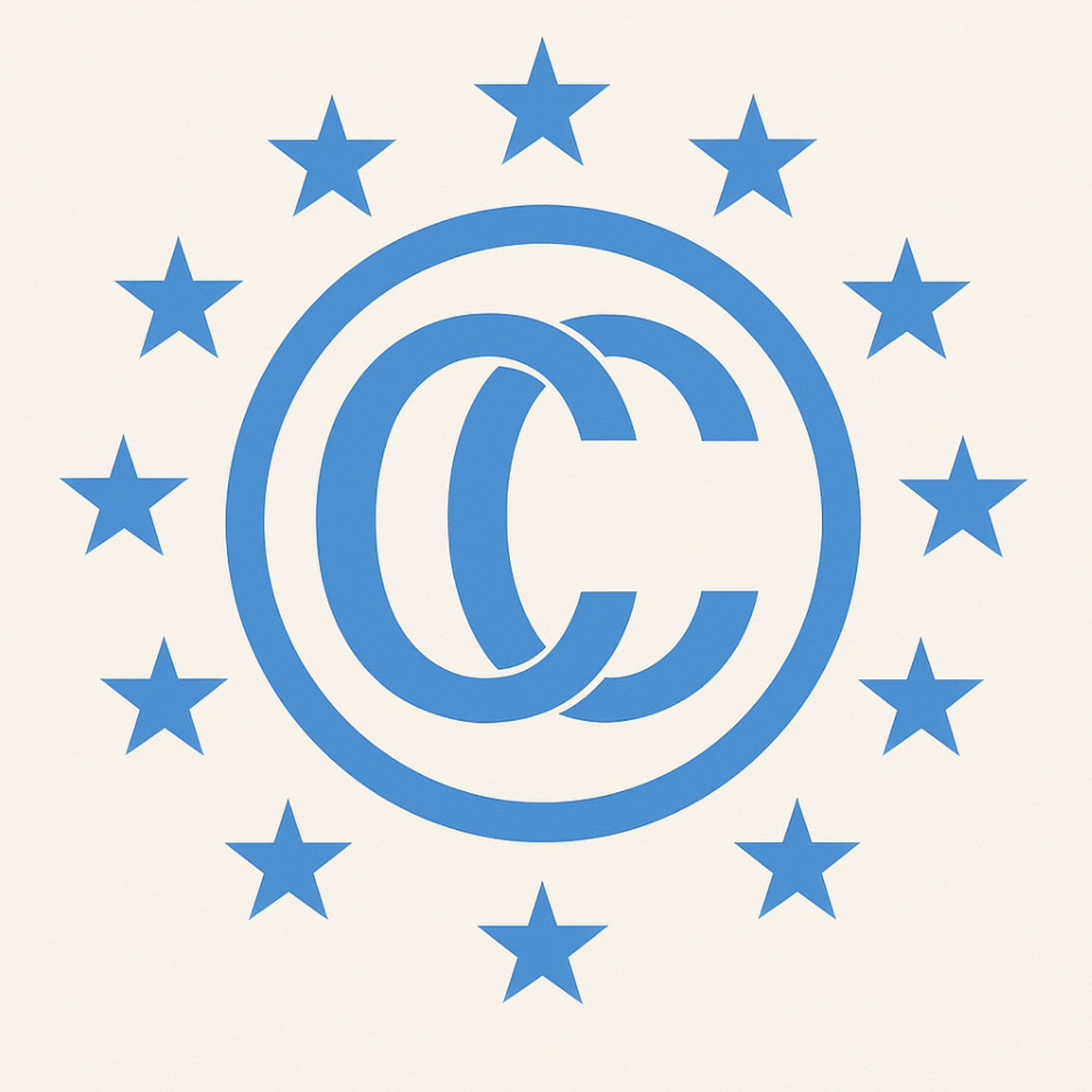Crypto Continental – The European lens on crypto, macro-finance, and regulation.

Crypto Continental - The European lens on crypto, macro-finance, and regulation.
Podcast Description
Crypto Continental is the European lens on macro-finance and digital assets. We cover capital markets, crypto regulation, and the frequently overlooked geopolitical implications of financial policy. This podcast maps out the forces shaping today’s economic landscape.
Jón Egilsson and Jan Fritsche host the show. They bring a rare combination of central banking leadership, economic research, crypto entrepreneurship, and Web3 cybersecurity expertise.
Jón Egilsson served as Chairman of the Central Bank of Iceland following the 2008 financial crisis. He is also the co-founder and chairman of Monerium, the first company to issue fiat currency on-chain. Jón holds a Ph.D. in Economics and a master’s in Engineering. He teaches at King’s Business School and regularly contributes to Forbes, writing on stablecoins, digital currencies, and monetary sovereignty.
Jan Fritsche worked on market-based finance, money markets, and derivatives at the European Central Bank. He also served as a member of the Monetary Expert Panel of the European Commission. Today, Jan is the Managing Director of Oak Security, a cybersecurity firm for Web3 that pioneered economic attack vectors in decentralized systems. He holds a Ph.D. in Economics and previously conducted research at the German Institute for Economic Research (DIW Berlin), focusing on fiscal policy, monetary dynamics, and uncertainty.
Podcast Insights
Content Themes
The podcast focuses on critical topics including capital markets, crypto regulation, and the geopolitical implications of financial policy. Episode examples include an analysis of the recent European crypto regulatory framework and a discussion on the impact of monetary policies on digital asset prices, emphasizing the importance of understanding the broader economic landscape.
Disclaimer
This podcast’s information is provided for general reference and was obtained from publicly accessible sources. The Podcast Collaborative neither produces nor verifies the content, accuracy, or suitability of this podcast. Views and opinions belong solely to the podcast creators and guests.
For a complete disclaimer, please see our Full Disclaimer on the archive page. The Podcast Collaborative bears no responsibility for the podcast’s themes, language, or overall content. Listener discretion is advised. Read our Terms of Use and Privacy Policy for more details.